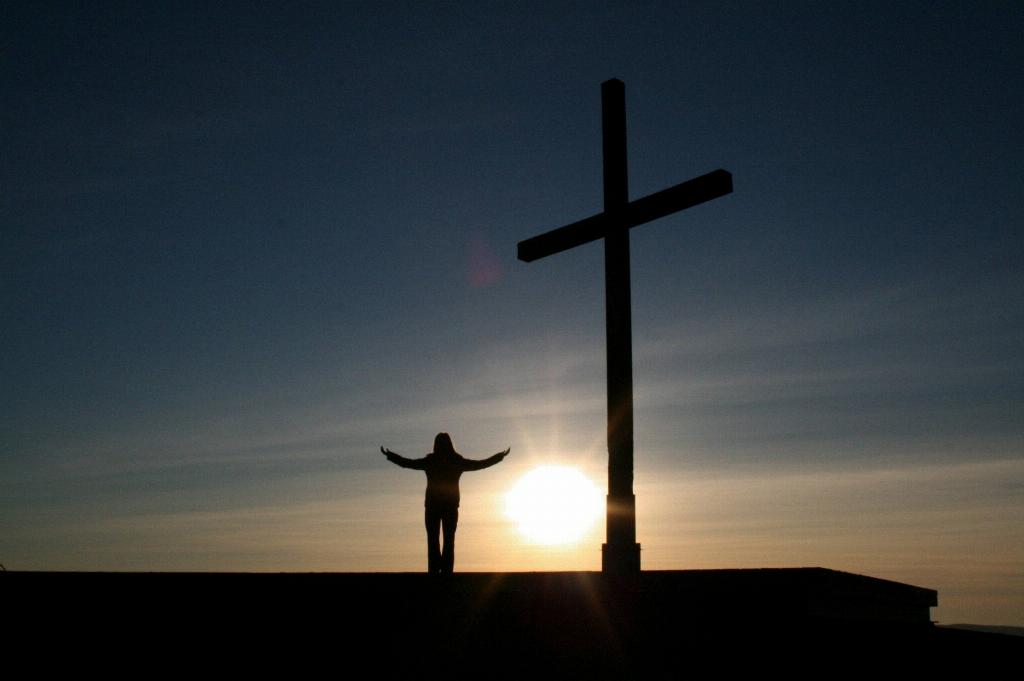Christianity, one of the world’s major religions, boasts a widespread following that spans continents and cultures. With its rich history and profound influence on various aspects of life, the question of leadership within Christianity naturally arises. So, who is the leader of Christianity? Let’s explore this topic in depth and shed light on the roles and individuals that shape the Christian faith.
Understanding Leadership in Christianity
In Christianity, leadership takes on significant importance as it guides and unites believers in their spiritual journey. While the concept of leadership varies across denominations, it generally refers to individuals who provide guidance, set moral examples, and inspire others to live according to Christian principles.
The Role of Jesus Christ in Christianity
When discussing leadership in Christianity, it is essential to recognize that Jesus Christ is considered the central figure and ultimate leader. Christians believe that Jesus, the Son of God, came to Earth to teach about love, forgiveness, and salvation. His life, teachings, sacrifice on the cross, and resurrection hold profound significance for believers worldwide.
The Papacy and the Roman Catholic Church
Within Roman Catholicism, the Pope is regarded as the leader of the Christian faith. Currently, Pope Francis serves as the 266th bishop of Rome, having been elected in March 2013. The Pope carries the authority and responsibility to guide the Roman Catholic Church, resolve doctrinal issues, and offer spiritual counsel to millions of Catholics worldwide.
Leadership in Protestant Denominations
Protestant denominations encompass a wide range of beliefs and organizational structures, resulting in a decentralized leadership model. While there is no single leader of all Protestant Christians, pastors, ministers, and elders often fulfill vital leadership roles within their congregations and denominations. They lead through preaching, teaching, and pastoral care, serving as spiritual guides for their community.
Leadership in Orthodox Christianity
Orthodox Christianity has a hierarchical leadership structure, with the Patriarch and bishops playing critical roles in guiding the faithful. The Patriarch holds a position of authority and acts as the spiritual head of the Orthodox Church, overseeing the work of bishops and ensuring the proper teaching and practice of the faith.
Other Forms of Christian Leadership
Beyond the Papacy, Protestant pastors, and Orthodox Patriarchs, various individuals have made significant contributions to Christian leadership. Theologians, missionaries, and influential Christian thinkers have shaped the faith through their writings, teachings, and efforts to spread the Gospel to new areas.
Qualities and Attributes of Christian Leaders
Christian leaders are expected to possess specific qualities and attributes that reflect their commitment to the faith and their dedication to serving others. Integrity, humility, faithfulness, and a servant’s heart are just some of the traits associated with effective Christian leadership.
Challenges and Controversies in Christian Leadership
Christian leadership, like any human endeavor, has not been immune to challenges and controversies throughout history. Instances of misconduct, corruption, and power struggles have occurred, bringing scrutiny and initiating necessary reforms within the Church. It is important to acknowledge these difficulties while recognizing that they do not define the overall essence of Christian leadership.

Conclusion
In conclusion, the question of who is the leader of Christianity is multifaceted. While Jesus Christ is considered the ultimate leader, different denominations have their own unique structures and individuals who fulfill leadership roles. Whether it is the Pope in Roman Catholicism, pastors and elders in Protestant denominations, or the Patriarch in Orthodox Christianity, leadership within the faith plays a crucial role in guiding believers, fostering unity, and spreading the message of Christ’s love and salvation.
